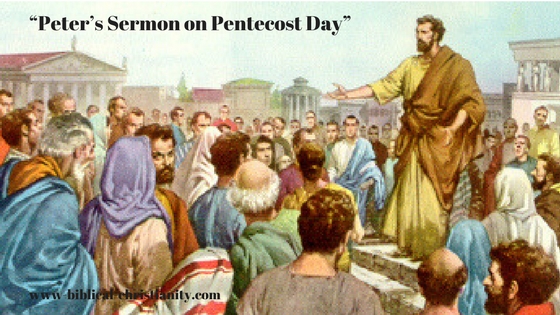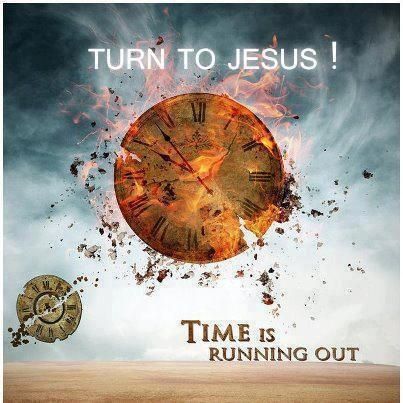SCRIPTURAL SMALL-MINDEDNESS (9)

The Sermon on the Mount: ”Thou shalt love thy neighbour”
(…continues from part 8…)
9) I showed the express teaching of Jesus to Pastor S.O. and Brother A. in Matthew 5:43-44 43) “Ye have heard that it hath been said, Thou shalt love thy neighbour, and hate thine enemy. 44) But I say unto you, Love your enemies, bless them that curse you, do good to them that hate you, and pray for them which despitefully use you, and persecute you;” but do you know what Pastor S.O. asked Brother A. not to forget also? He asked him to read imprecatory Psalms 35 and 109 of the Bible. I, honestly, do find it unbearably difficult to understand where they are truly coming from, when they try to use another Scripture to legalize this hooliganism in the Christian Church. Why do they find it impossible to see that the employment of Psalm 35 to institutionalize prayer of our enemies’ execution is tantamount to an acceptance that the Bible is fraught with contradictory verses?
The period of Psalms 35 and 109 couch happens to be in the Law Dispensation. After the death, resurrection, ascension and session of Jesus Christ, the Grace Dispensation which commenced, is still in dispensational force, where people of the world receive salvation. It is the time to show adherence to Matthew 5:44 where ‘love’ is the Greek agapao (a-ğa-paō’): ‘to love (in a social or moral sense), which is the verb form of agape (a-ğa’-pee): ‘1. love (i.e. affection or benevolence). 2. (specially, plural) love feasts; God’s kind of love.’ But the truth is that in the days of Matthew 24:21 Tribulation, the Jews, who would be hardest hit by the Antichrist will have every right to employ these Psalms against the common enemies of God’s people.

If we curse them who would be born again very soon, are we not working against the love of God, Who gave His Son, that whosoever believes in Him should not perish but have everlasting life? Jesus would have died in vain for the people of our imprecatory vehemence. Matthew 5:44-46 “But I say unto you, Love your enemies, bless them that curse you, do good to them that hate you, and pray for them which despitefully use you, and persecute you; 45) That ye may be the children of your Father which is in heaven: for he maketh his sun to rise on the evil and on the good, and sendeth rain on the just and on the unjust. 46) For if ye love them which love you, what reward have ye? do not even the publicans the same?” Imagine the person on whose head you rain curses on is desiring to get born again. If he dies, have you not helped the Devil in his nefarious intent to populate hell of his ultimate abode? My friend, Pastor S.O. will say, “God had willed that person to die from my prayer. That is the proof of the efficacy of prayer of my attack!” What, therefore, should happen when Pastor S.O. offends someone and the person rains imprecatory prayers as well? Should the offended person bedamn him, he stands cursed, except Pastor S.O. is an infallible Pope!
Pastor S.O. teaches that ‘Rhema’ is superior in definition to the ‘Logos’: believing that ‘rhema has a special biblical or theological meaning than logos. I have tried to explain this to him a couple of times, but the thing is, he seems to think that the less used or known rhema is more important in scope than logos. If a whole pastor does not know the difference between rhema and Logos, does it not show incontrovertibly that he has not studied the Bible enough to know that while the rhema is a verse or one theological thought, the logos is the totality of God’s mind: for it says in Colossians 2:3 “In whom are hid all the treasures of wisdom and knowledge” of Jesus Christ. The Logos is actually a Personage. If the Lord Jesus is the Logos, how can rhema be of higher importance? What does one expect from the Scriptural understanding of that pastor’s congregants?

The LOGOS, Which is, and Which was, and Which is to come, the Almighty.
In the Book of Luke 1:37 “For with God nothing shall be impossible” the word ‘nothing’ comprises ou, pas and rhēma. Ou (oo) is: ‘no, not;’ pas (pas) means: ‘individually, each, every, any, all;’ while rhēma (hray’-mah) has the definitional: ‘that which is or has been uttered by the living voice, thing spoken or word.’ In Mark 9:32, it is said concerning His disciples, “But they understood not that saying, and were afraid to ask him.” The word ‘saying’ is rhema. “In the beginning was the Word, and the Word was with God, and the Word was God” (John 1:1). The Greek for ‘Word’ is, contextually: ‘(specially, with the article in John) the Word of God (capitalized), the Divine Expression, the Creator, the Word of Yahweh; the “Holy-word” of God (as the Holy Scriptures of the Old Testament); the “Redemptive-word” of God.’ Rhema, being one thought or idea of the eternality, comes from the Logos. The Logos is the Second Member of the Godhead. Amen.

Getting born again is a conscious effort on the part of an individual. Get born again. Say this sinner’s prayer.
“Dear heavenly Father, I come to You now in the name of Jesus Christ. I believe in my heart that Jesus is the Son of God. I believe that Jesus died on the cross for my sin. I believe that You raised Him from the dead. I confess with my mouth that Jesus is Lord and I receive Him now as my Lord and my Saviour. I give God all the glory. Amen!”
(…to be continued…)
Read part 8 here
Get part 10. Click
Visits: 37


